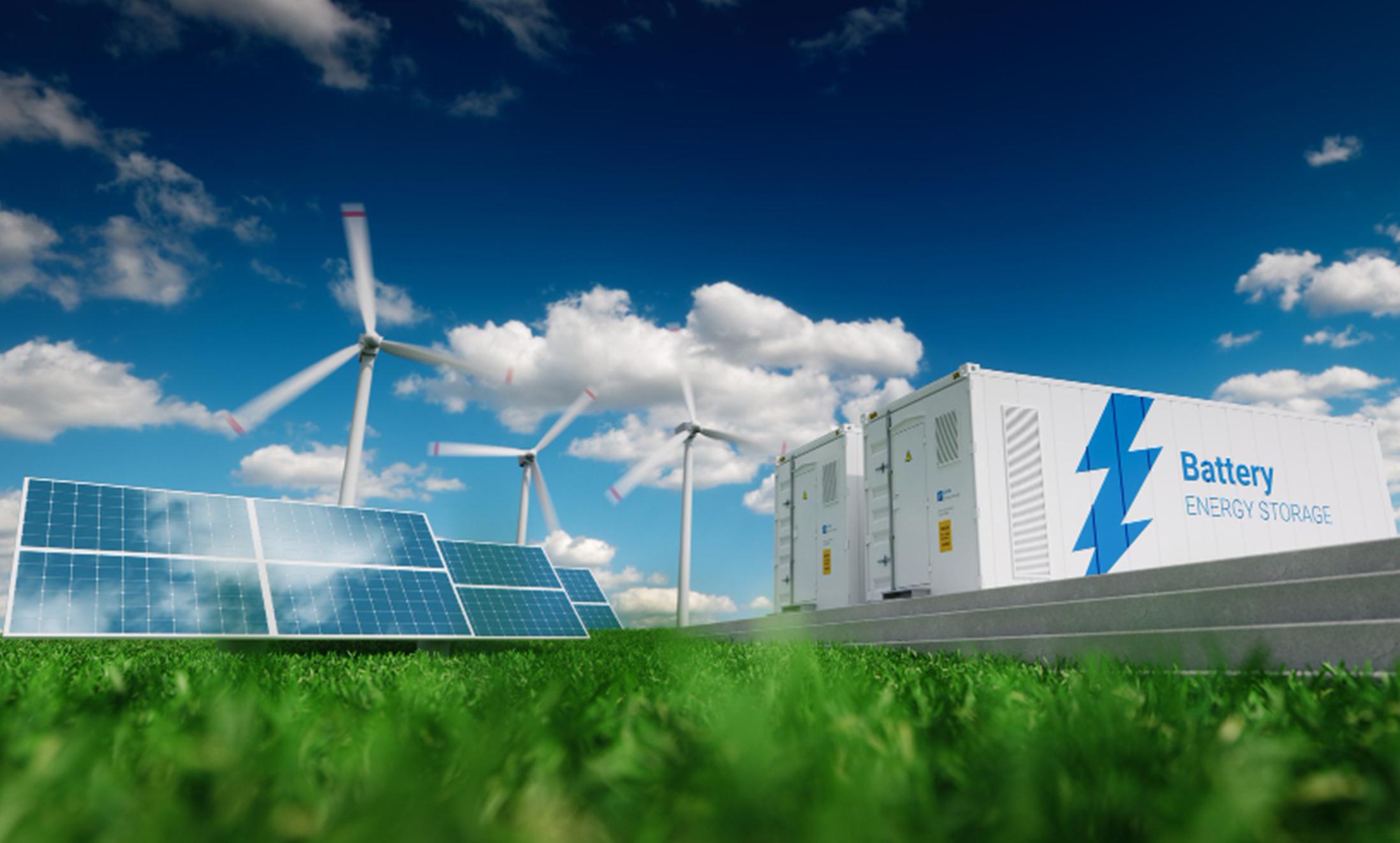According to the International Energy Agency (IEA) (France), the electric cars market is witnessing exponential growth, with over 10 million sales in 2022. Nearly 14% of all new cars sold were electric in 2022, up from around 9% in 2021 and less than 5% in 2020. China was the frontrunner, accounting for around 60% of global electric car sales. More than half of the electric cars on roads worldwide are now in China, and the country has already surpassed its 2025 target for new energy vehicle sales. In Europe, the second largest market, electric car sales increased by over 15% in 2022, meaning that more than one in every five cars sold was electric. Electric car sales in the United States – the third largest market – increased by 55% in 2022, reaching a sales share of 8%.
This increase in popularity has also created the need for more EV charging stations globally. The increased need for EV chargers has raised the question of sustainability. Energy storage systems help address this issue effectively. The combination of energy storage with EV chargers creates a cost-effective solution to electric vehicle charging. Companies can integrate energy storage with EV chargers because of benefits such as lower demand charges, faster charging and increased security. Further, they provide benefits such as avoiding peak-demand charges and making EV charging stations more cost-effective.

In case of a blackout, energy storage offers a separate power source and ensures that drivers can still charge their cars. Due to such benefits, the demand for BESS for EV charging is improving rapidly, in turn supporting the growth of the market. Further, companies are taking initiatives to develop battery energy storage systems for electric vehicle (EV) charging stations, which supports the growth of the market. For instance, in March 2023, EverCharge, Inc. (U.S.) partnered with PassKey Inc. (U.S.) (subsidiaries of SK Group) (South Korea) to develop a battery energy storage system (BESS) to supplement EverCharge’s electric vehicle charging stations. The new BESS developed by Passkey and EverCharge will be used to consolidate power during off-peak hours and deploy the energy via EV charging stations during periods of high demand. By combining EV charging with battery storage to mitigate demand peaks, sites can benefit from lower operating costs and additional energy resiliency.
Growing Demand for Battery Energy Storage Systems for Commercial Applications to Fuel the Growth of the Market
The data center sector traditionally used lead-acid batteries with a static UPS system. The deployment of BESS in data centers is increasing rapidly due to its benefits, such as low cost, backup power for the data center in case of emergency, and reducing GHG emissions to reach their environmental, social, and governance (ESG) goals. In July 2022, Microsoft Corporation (U.S.) announced the addition of banks of lithium-ion batteries at a Microsoft data center in Dublin. These batteries, which typically provide backup power for the data center in case of emergency, have been certified, tested and approved for connection to the grid in a way that helps grid operators provide uninterrupted service when demand exceeds the supply generated elsewhere on the grid by wind, solar and other sources.
Further, companies are taking initiatives to launch battery energy storage systems for commercial applications, in turn providing opportunities for the growth of this market. For instance, in April 2023, Generac Industrial Power (U.S.) (a part of Generac Power Systems, Inc.) launched its new zero-emissions SBE series of stationary battery energy storage systems (BESS). Available in energy capacities ranging from 200 kWh to 1,000 kWh, the new stationary battery energy storage systems enable commercial and industrial customers to save on energy costs by reducing peak charges and taking advantage of utility time-of-use rates. Such development is expected to support the growth of the market.
Some of the recent developments in this market space are as follows:
- In October 2022, Eaton Corporation plc (Ireland)launched new power management solutions to support Asia Pacific’s (APAC)’s green energy transition. This includes a suite of electric vehicle charging infrastructure (EVCI) solutions as well as its xStorage range of battery energy storage systems (BESS) designed for APAC’s unique business and operational environment. Through Eaton’s Everything as a Grid approach to the energy transition, different stakeholders can play a role in generating, balancing, storing and distributing electricity – which are historically done by utilities. These include residential, commercial and industrial (C&I) properties, such as data centers, factories and electric vehicle (EV) transport operators.
- In January 2022, Connecticut’s Public Utilities Regulatory Authority (PURA)(U.S.) launched Energy Storage Solutions, a statewide electric storage program for all Eversource and United Illuminating (UI) residential, commercial, and industrial customers in an effort to foster a more reliable and resilient electric distribution system, especially for vulnerable communities.
Such developments are expected to support the growth of battery energy storage systems for commercial applications, in turn supporting the growth of the market.
Access Full Report Here @ https://www.meticulousresearch.com/product/battery-energy-storage-system-market-5336
Related Tag:
Related Blogs:

Increasing Utilization of Archimedean Screw Pumps in Sewage Treatment
Read More
Transformative Potentials of 3D Food Printing
Read More
Technological Trends in Air Conditioners Market
Read More
Rising Investments and Advancements in the LiDAR Market
Read More
Increasing Adoption of Robots in the Manufacturing Sector
Read More
3D Printers Market
Read More
Solid-State Batteries Market
Read More
Surging Demand for Smart Sensor-enabled Wearable Devices
Read More
3D Machine Vision Meets Industry 4.0
Read More
Optoelectronics – A Promising Technology
Read More




